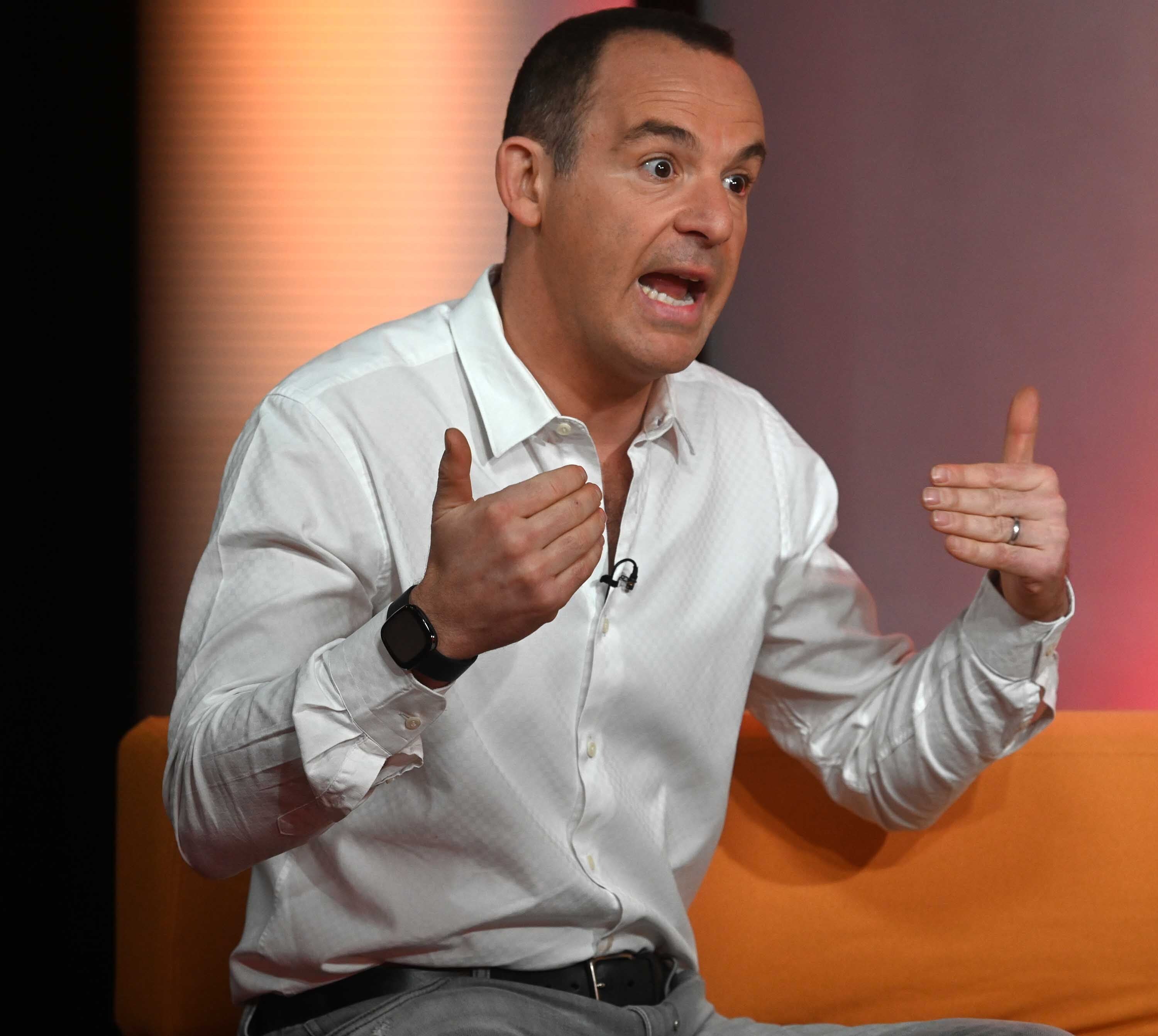Martin Lewis says energy bill surge ‘smells wrong’ as direct debits ‘increase by 100%’
MoneySavingExpert founder tells users not to accept ‘unfair price hikes’ as bills rise to record levels
Your support helps us to tell the story
From reproductive rights to climate change to Big Tech, The Independent is on the ground when the story is developing. Whether it's investigating the financials of Elon Musk's pro-Trump PAC or producing our latest documentary, 'The A Word', which shines a light on the American women fighting for reproductive rights, we know how important it is to parse out the facts from the messaging.
At such a critical moment in US history, we need reporters on the ground. Your donation allows us to keep sending journalists to speak to both sides of the story.
The Independent is trusted by Americans across the entire political spectrum. And unlike many other quality news outlets, we choose not to lock Americans out of our reporting and analysis with paywalls. We believe quality journalism should be available to everyone, paid for by those who can afford it.
Your support makes all the difference.Direct debits have doubled for one in four energy users, according to research by the Money Saving Expert team.
After energy prices took a 54 per cent spike in April, some users of the MSE website complained their bills went up by 100 per cent.
MSE founder Martin Lewis said: “That smells wrong to me. They should only be seeing rises in line with the price cap, 45 per cent to 65 per cent.
“Fixed monthly direct debit is how up to 80 per cent of those in England, Scotland and Wales pay for energy bills.
“Yet for months I’ve heard from people shocked to be told their direct debits are increasing two or threefold. Scarily, for some people this is reasonable.”
According to a MSE survey of 41,000 people, almost half (46 per cent) of those whose payments had doubled said they hadn’t challenged the increase with their supplier because they didn’t know they could.

The average increase was 72 per cent, with a third saying theirs had at least doubled.
The survey also found firms including British Gas were among those users complained about.
According to the website, Octopus Energy initially told MSE its own analysis of customer account data showed only 0.84 per cent of those in credit who had been on its standard tariff for over three months have seen their monthly payments double.
However, it now says the correct figure for doubled payments is 15 per cent.
British Gas told MSE the higher than average increase could be because it offered an option for customers to freeze their direct debits at their existing levels last winter.
Shell added that the average increase for its customers who have been on the SVT for more than three months and are in credit is 45 per cent less than the price cap increase.
A spokesperson said: “Where customers have experienced larger increases, this can in part be explained by the recent influx of accurate meter reads.”
Mr Lewis added: “While a higher direct debit doesn’t mean you pay more in the end – any overpayments are ultimately due to be repaid – it does mean far too much cash flowing from accounts now, which is often a nightmare amid the cost of living crisis.
“Yet under firms’ licence conditions you have a right to a fair direct debit.
“So if you’re in credit, have been on a standard variable (price-capped) tariff for six months or more, and your direct debit has gone up by far too much, submit an up-to-date meter reading first, then speak to your supplier and politely ask it to justify the rise.
If it can’t, request that it is lowered. If it refuses, make a formal complaint and take it to the Energy Ombudsman.”
MSE said it will be submitting its research to Ofgem to aid it with its investigation to see if firms can formally justify their increases.


Join our commenting forum
Join thought-provoking conversations, follow other Independent readers and see their replies
0Comments